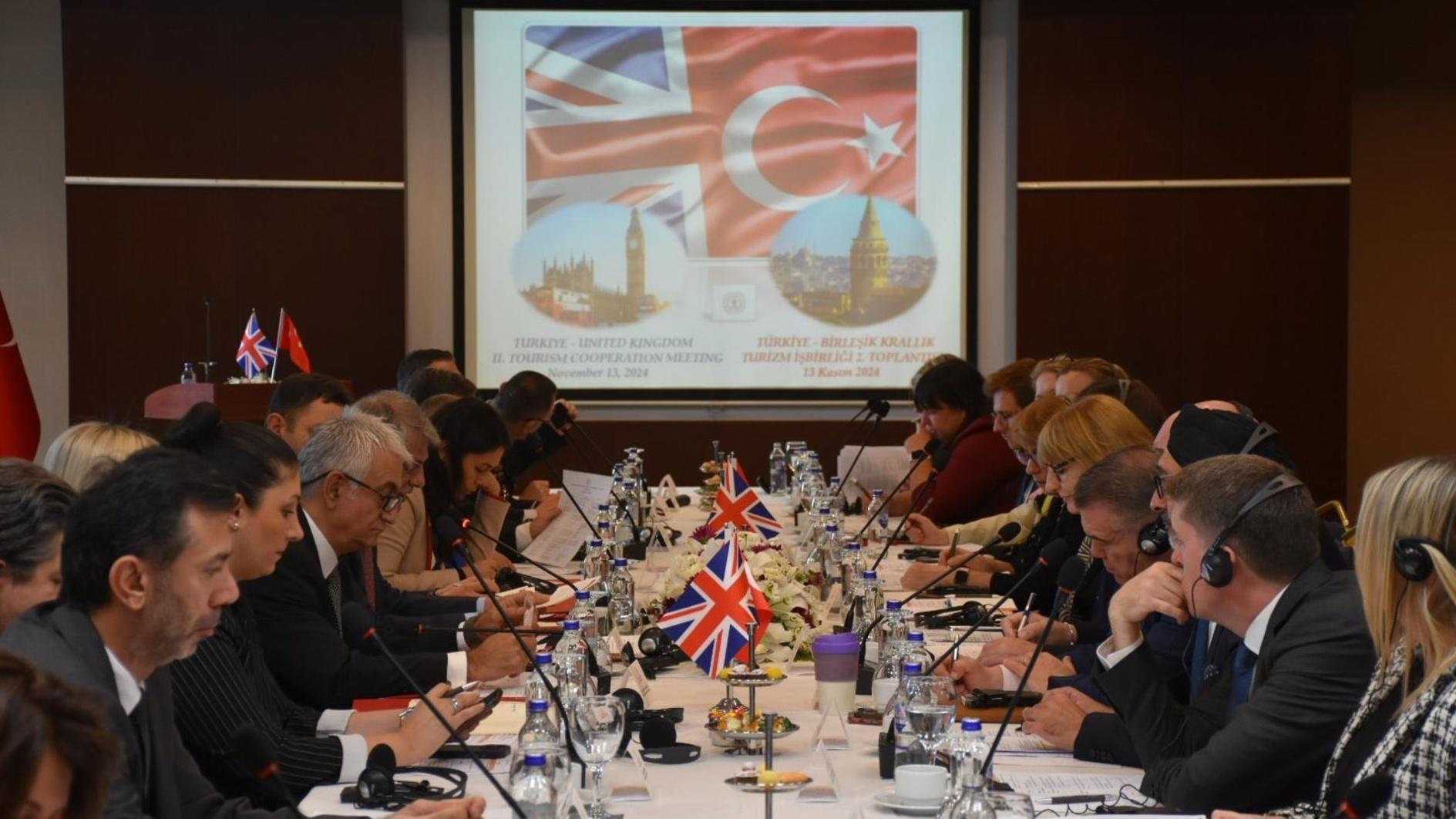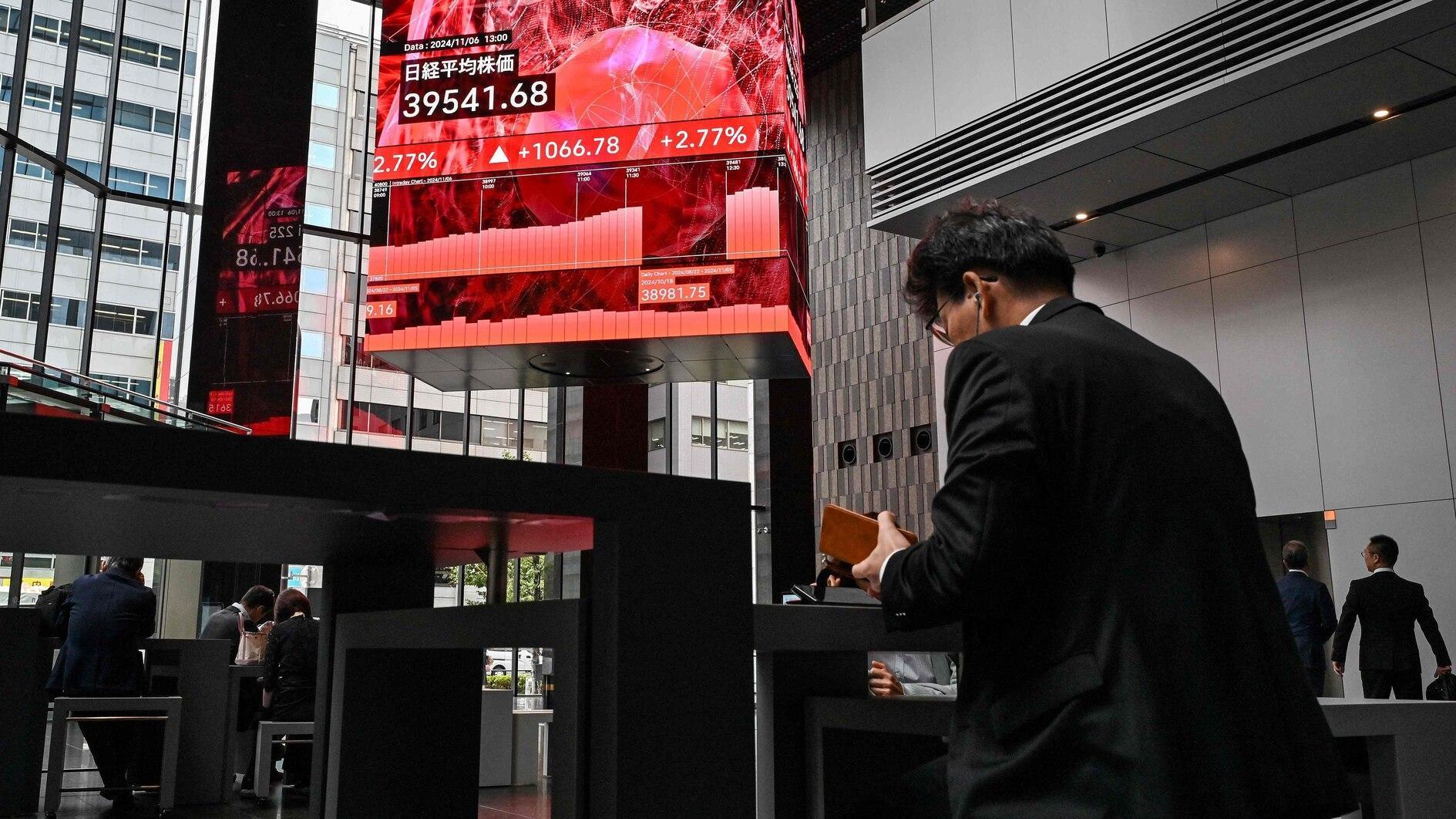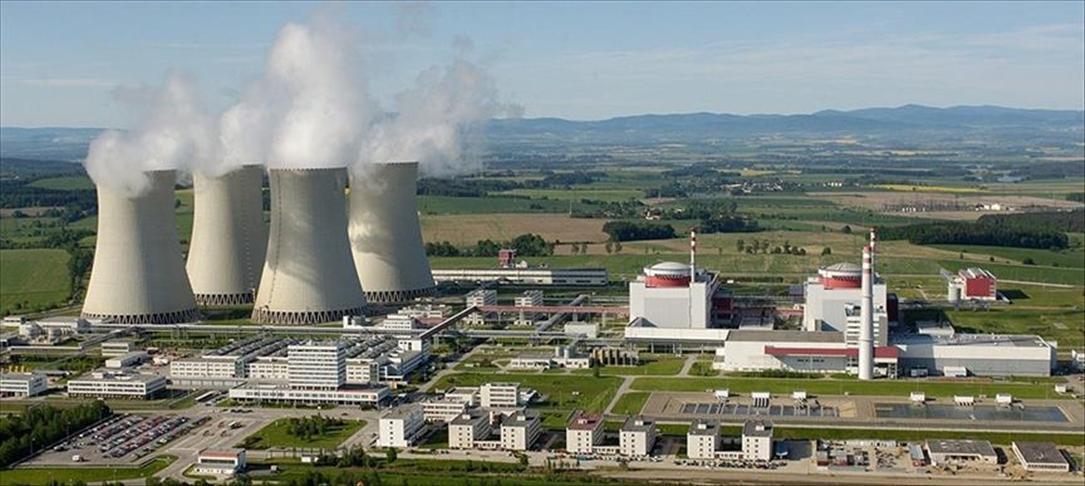Situation worsening in Turkey’s Kurdish problem
“Does the state have to fight against terrorism?” asked Kemal Kılıçdaroğlu, the leader of the social democratic Republican People’s Party (CHP) while addressing his parliamentary group on Dec. 22. “Yes,” he replied. “Should the effects of terrorist organizations’ members be neutralized?” he continued; “Yes, there is no doubt about that. Should that be carried out within law? Yes, that is the way it should be in a state of law. But I want all 78 million citizens to ask this question to themselves: Who was running this country when towns and neighborhoods were turned into arsenals?” criticizing the ruling Justice and Development Party (AK Parti) government.
Sezgin Tanrıkıulu, a CHP deputy chairman, said a day before that the “ditches and barricades policy” of the outlawed Kurdistan Workers’ Party (PKK) could never bring a solution to the Kurdish problem but neither could the out-of-proportion force used by the police and military forces in those southeastern towns under curfew. As a former human rights activist from the dominantly Kurdish-populated city of Diyarbakır, Tanrıkulu called on Prime Minister Ahmet Davutoğlu’s AK Parti government to resume talks with the PKK and bring the dialogue process to the parliament for a political solution.
Ironically enough, Orhan Miroğlu, another MP also of Kurdish origin, this time on the AK Parti ticket, made a very similar call the same day, pointing at the intensifying clashes that are causing new killings on both sides every day and turning parts of towns like Cizre or Silopi (both near Turkey’s Iraq and Syria borders) into ruins like scenes from Iraqi and Syrian towns.
PM Davutoğlu, on the other hand, told his party group on Dec. 22 that no concession would be given to the PKK terrorists “with extreme care for civilian lives,” seconding President Tayyip Erdoğan, who said the ditches and barricades (which were built by the PKK to surround their strongholds in certain neighborhoods of towns like Diyarbakır, Cizre, Silopi and Nusaybin) would “bring their end.” Pointing to the fact that thousands of people have been deserting those neighborhoods for safer places and education in schools in those neighborhoods had ceased, Davutoğlu said all losses would be compensated by the government.
It is hard to believe that earlier this year, on Feb. 28, delegations from the government and the Kurdish-focused Peoples’ Democratic Party (HDP) came together before cameras to read statements on a roadmap to find a political solution to the country’s Kurdish problem as a result of ongoing dialogue since December 2012 between the government and the PKK’s imprisoned leader, Abdullah Öcalan.
Things started to go bad when the HDP took a firm stance against Erdoğan’s wish to bring a strong presidential system to Turkey and following the June 7 elections when the AK Parti lost parliamentary majority, the dialogue was shelved. It was shelved but there was still no act of terrorism, as was the case during the last 2.5 years of dialogue. The bloodshed came back after the PKK announced the dialogue process was over, started killing soldiers and self-declared autonomous regions with the use of force, to which the government reciprocated with intense violence. It is worth it to mention at this point that the PKK’s Syria branch, the Democratic Union Party (PYD), is fighting the Islamic State of Iraq and Levant (ISIL) on Syrian ground, something the PKK think supports their position in the Western fora.
But the situation in Turkey because of these clashes is getting worse. The U.S. and the European Union have started to call on the Turkish government to try to spare civilian lives while fighting terrorism and resume talks for a political solution. Yet the government thinks any wavering against a wounded PKK will cost more, which does not increase any hope for a peaceful end any time soon.











